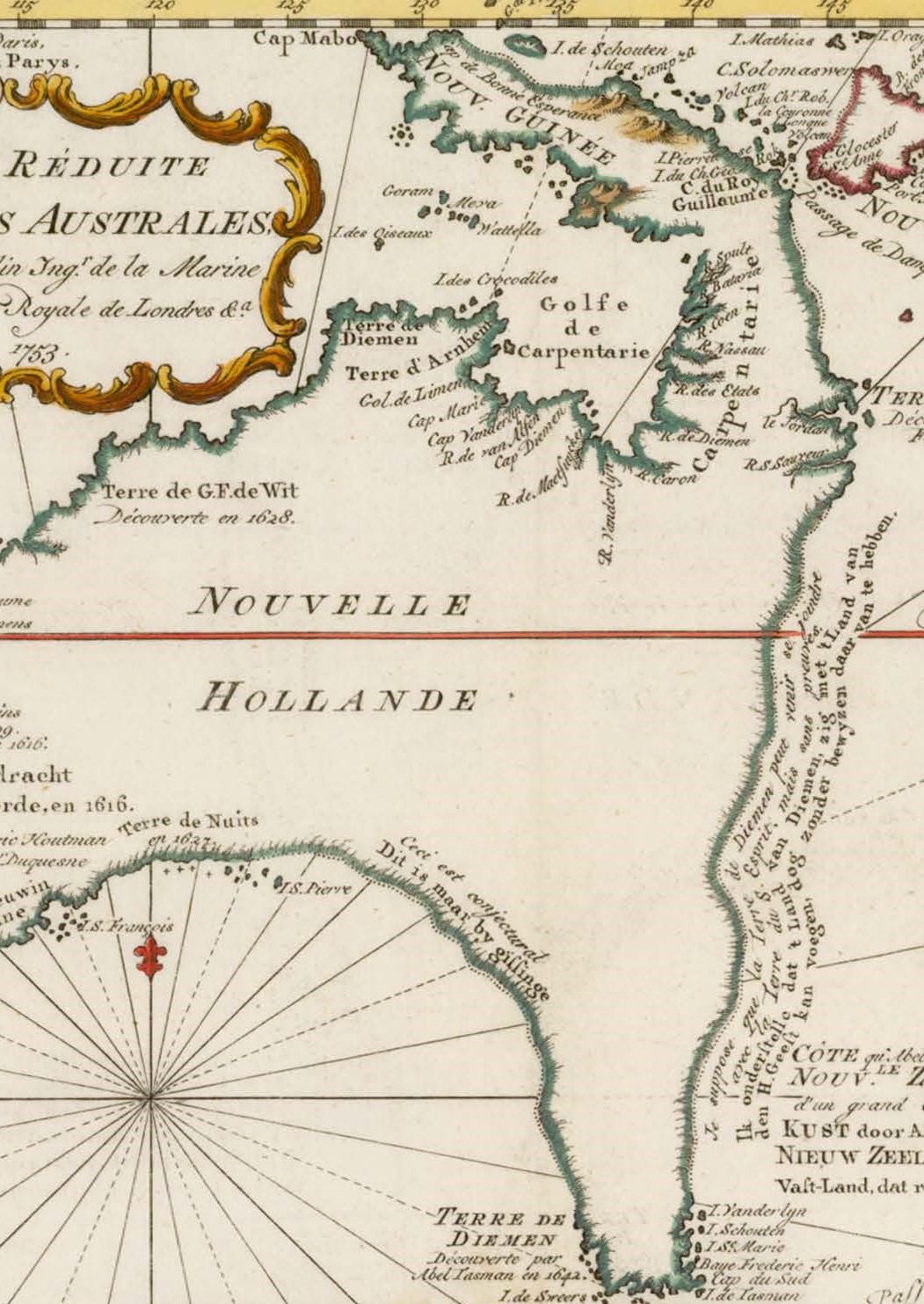Distance Education During a Paper Shortage
Wartime Economics, Efficiency, and the Nazi Humanities at the Front
DOI:
https://doi.org/10.55283/jhk.15221Keywords:
educational media, resources of knowledge, history of humanities, correspondence courseAbstract
This article examines letters and study guides sent by philosophical faculties of Nazi universities to soldiers enrolled in correspondence courses during World War II. These educational media were produced during a severe paper shortage brought about by autarky and the wartime Nazi economy. I consider the conditions surrounding paper production and soldiers’ learning materials to depict how the media circulating between universities and the front demonstrate evidence of material scarcity and economic exploitation. The brevity of the messages indicates that these media had been adapted to the material economy of the war and a scarcity of time. As I show, knowledge of the humanities was brought to the front via these media; at the same time, knowledge of an ideology was created that integrates the extraction of resources from a war of conquest into a version of German history—resources that were also required to maintain distance learning itself. The article contributes most directly to studies on the media and material practices of academic teaching and to the history of science and scholarship in the Nazi era. It also builds on recent studies on how the work of the sciences and humanities are reliant on supplies of natural resources.
Downloads
Downloads
Published
Issue
Section
License
Copyright (c) 2023 Lotte Schüßler

This work is licensed under a Creative Commons Attribution 4.0 International License.


